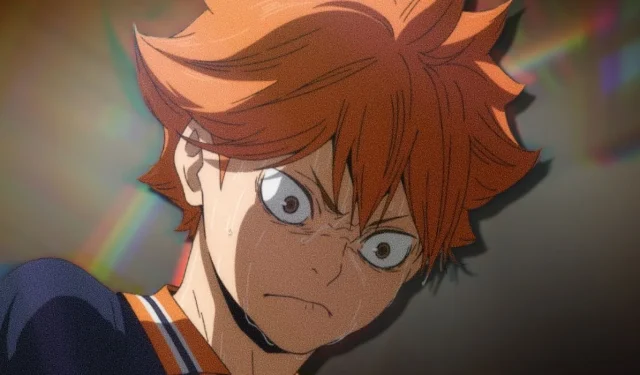
The acclaim surrounding Haikyu!! is nothing short of remarkable. Adapted by Production I.G. from Haruichi Furudate’s groundbreaking shonen manga, this series has captured international audiences in a manner seldom achieved by sports anime outside Japan. The feverish enthusiasm for Haikyu!! has even translated into an increase in volleyball club memberships across Japan, showcasing its tangible impact. For enthusiasts, it stands as one of the premier sports anime, with many considering it among the best anime series of all time. However, for me, there exists another sports anime from 2014 that resonates more deeply.
This is not to undermine the brilliance of Haikyu!!, which undoubtedly deserves its dedicated fanbase. Production I.G. has consistently demonstrated excellence, continuing their tradition with this series. Featuring stunning visuals, memorable characters, and an engaging storyline filled with unexpected developments, Haikyu!! is a treat for viewers. However, it adheres closely to the conventions of shonen sports anime, which is ultimately why another 2014 series holds a special place in my heart.
Ping Pong the Animation: The True Underdog of 2014
Distinct Animation and Profound Themes
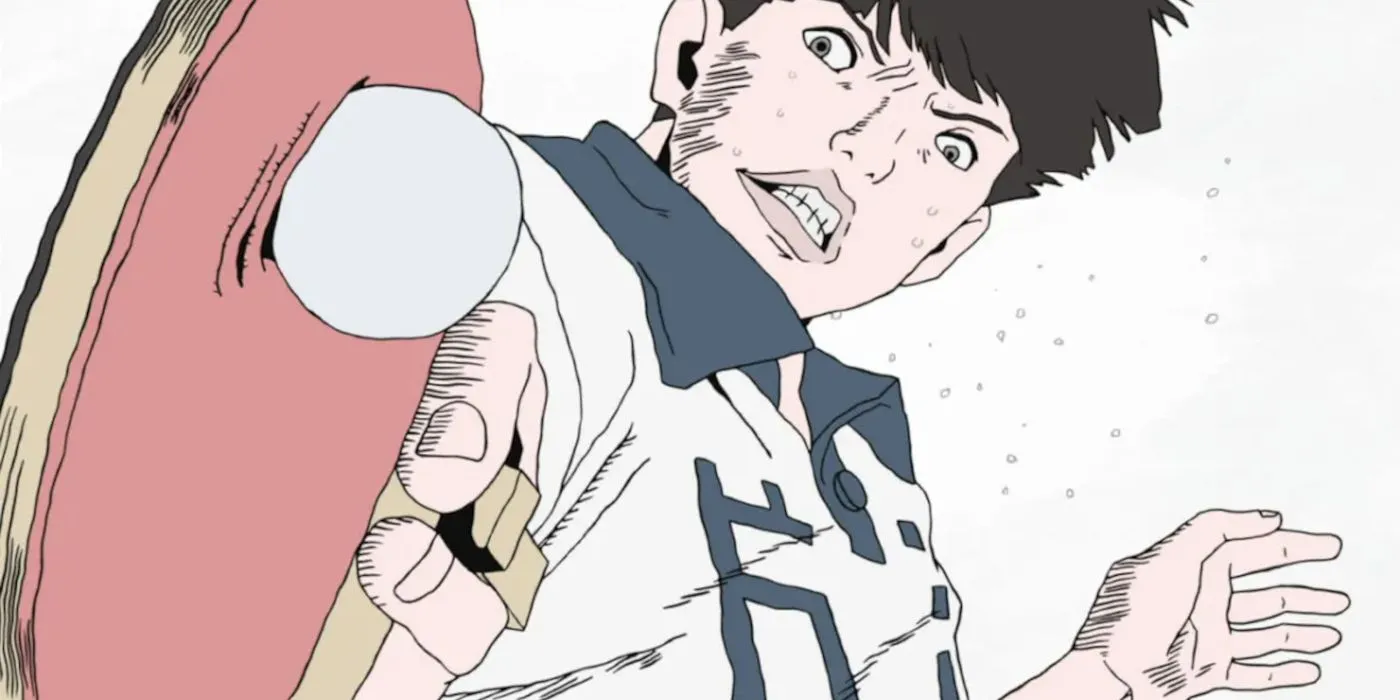
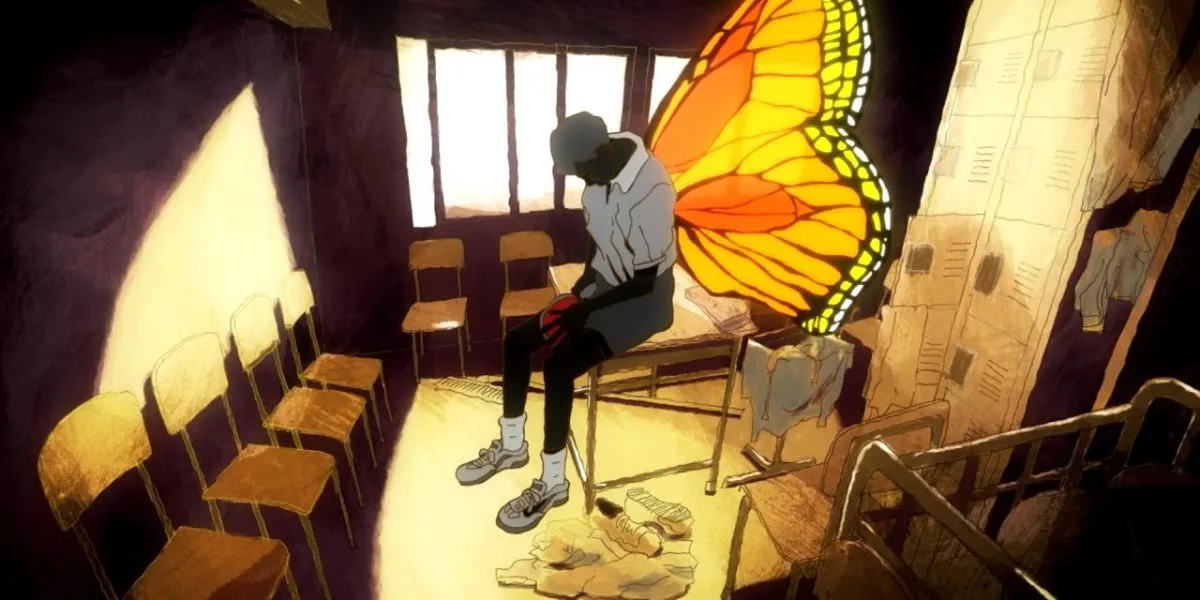
Directed by the innovative Masaaki Yuasa and based on Taiyō Matsumoto’s manga, Ping Pong the Animation made a profound impact upon its release in 2014. The narrative revolves around two young ping pong prodigies, Peco and Smile, as they refine their skills and compete against formidable opponents. Their journey involves not only rivalry but also encounters with a fallen Chinese champion named Kong and Japan’s top high-school player, Dragon.
Notably, even One Piece creator Eiichiro Oda has praised Matsumoto’s original Ping Pong manga, indicating its cultural significance.
Yuasa’s unique artistic vision is immediately apparent within Ping Pong the Animation, pushing the boundaries of conventional animation styles. The series stays true to Matsumoto’s raw and sketch-like aesthetic, utilizing a fluid art style that brilliantly conveys the swift movements inherent in ping pong matches.
While some viewers may dismiss the series due to its unconventional pacing and unique visuals, it is precisely these aspects that have captivated me. The bold choices made in Ping Pong the Animation turn it into a compelling exploration beyond typical sports narratives.
A Deep Dive into Psychological Themes
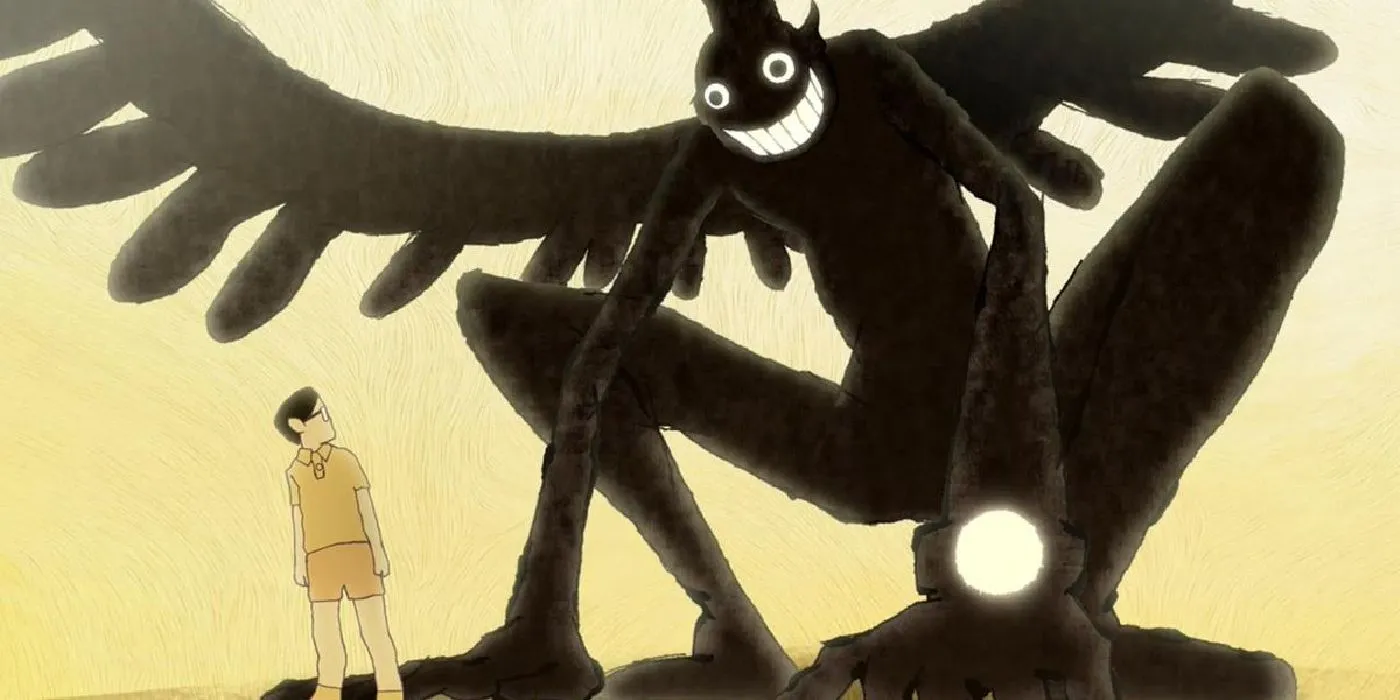
At first glance, the premise of Ping Pong may seem like a familiar tale of friendship and rivalry between two talented athletes. This description could even be attributed to numerous shonen animes, including titans like Naruto. However, a brief summary cannot capture the intricate psychological depth woven into the narrative.
While Smile and Peco represent typical character archetypes, the series delves into their emotional complexities. Smile, who initially appears detached, has a narrative filled with multifaceted reasons behind his emotional unavailability.
Yuasa’s animation plays a crucial role in conveying these emotions. The series is a stunning showcase of evocative imagery, especially when it creatively portrays the psychological states of its characters. Notably, sequences where Smile envisions a hero rescuing him are striking, rich in symbolism, and serve as insight into his inner turmoil.
Why the Experimental Style Resonates
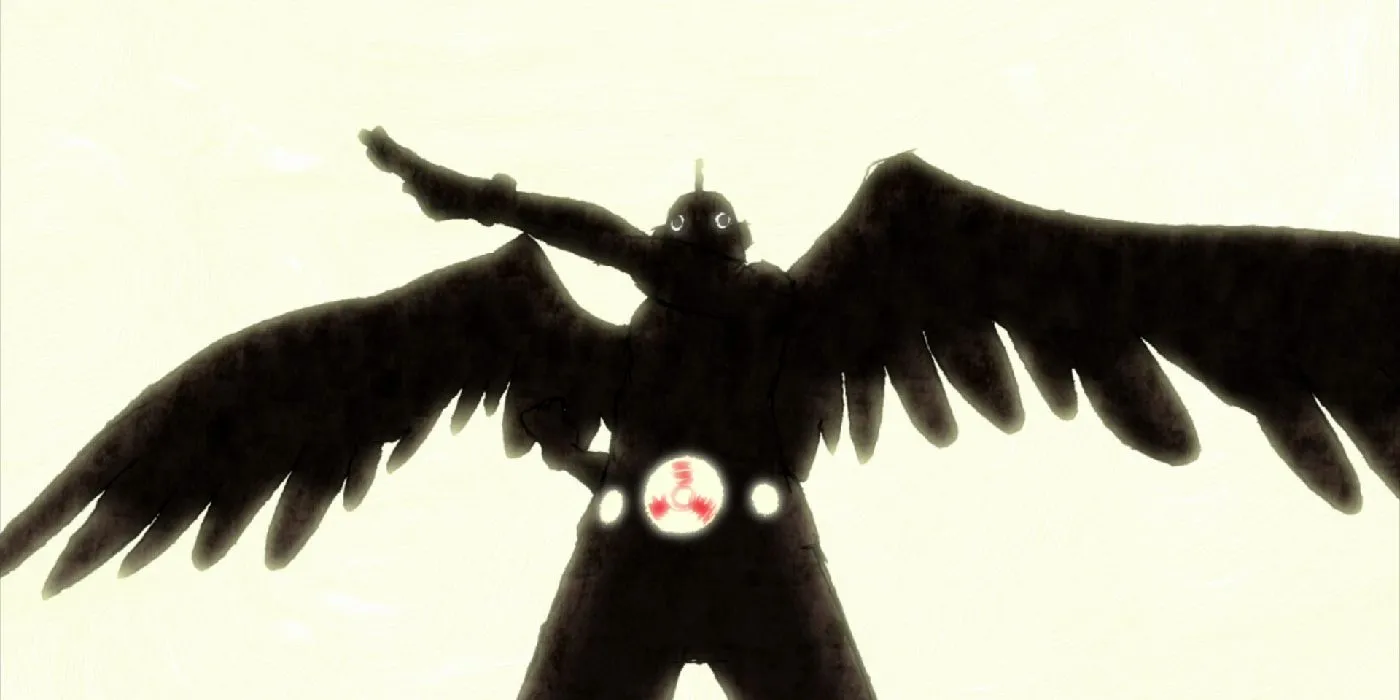
All art forms, irrespective of how avant-garde they are, tend to exhibit recognizable patterns and motifs. Anime is no different and this familiarity often enhances its appeal. Every story is a mosaic of borrowed elements; thus, while attaining absolute originality may be an impossible quest, striving for it remains a commendable effort that deserves recognition.
This pursuit of uniqueness is what draws me to Ping Pong more intensively than to a more conventional narrative like Haikyu!!. Its exploratory style and focus on the psychological aspects of its characters render it refreshing. Haikyu!! is undeniably well-crafted, illustrating the sports genre effectively, yet it often treads familiar territory with its predictable formulas.
Furthermore, Ping Pong addresses challenging themes that reflect my own experiences. A poignant moment occurs when a character who has dedicated themselves to the sport faces the harsh reality of failure despite investing significant effort. This character comes to realize that their best may never be sufficient, which is a staggering realization in any competitive field.
This character’s journey has lingered in my mind, raising poignant questions about talent versus hard work. While I may not fully support the idea that perseverance alone falls short against raw talent, I appreciate Ping Pong for daring to explore such critical inquiries. Typically in sports narratives, hard work prevails over innate ability, but there exists a disconcerting possibility that hard work might not be enough.
While Haikyu!! also navigates themes of loss and setbacks, Ping Pong‘s emotionally profound visuals and introspective tone render it better equipped to delve into the psychological implications of failure. Eiichiro Oda once suggested that the ultimate harm is shattering dreams rather than taking lives. After engaging with Ping Pong the Animation, I find myself pondering the unsettling truth behind his words.




Leave a Reply